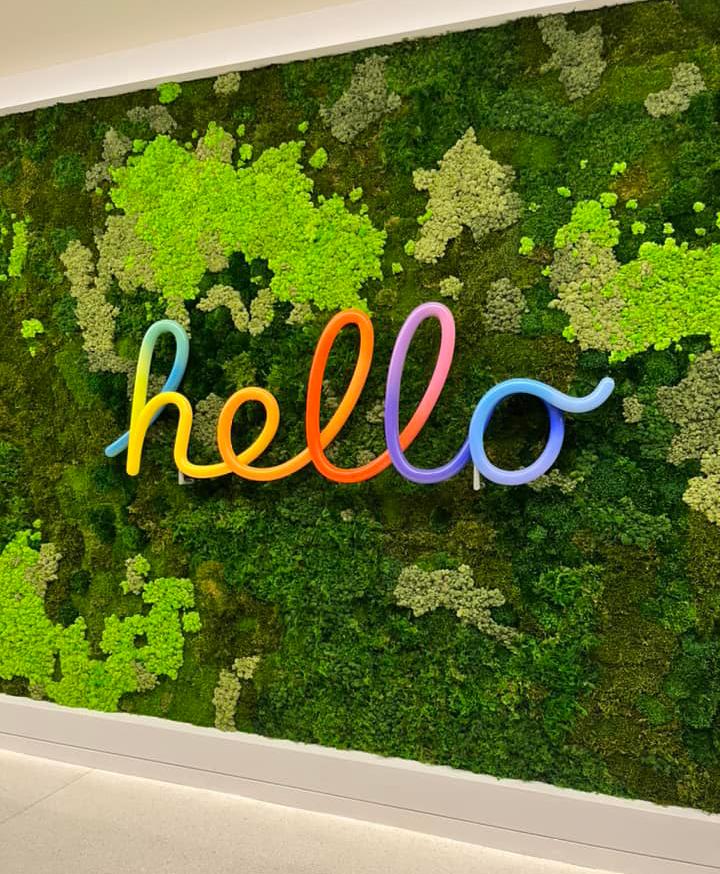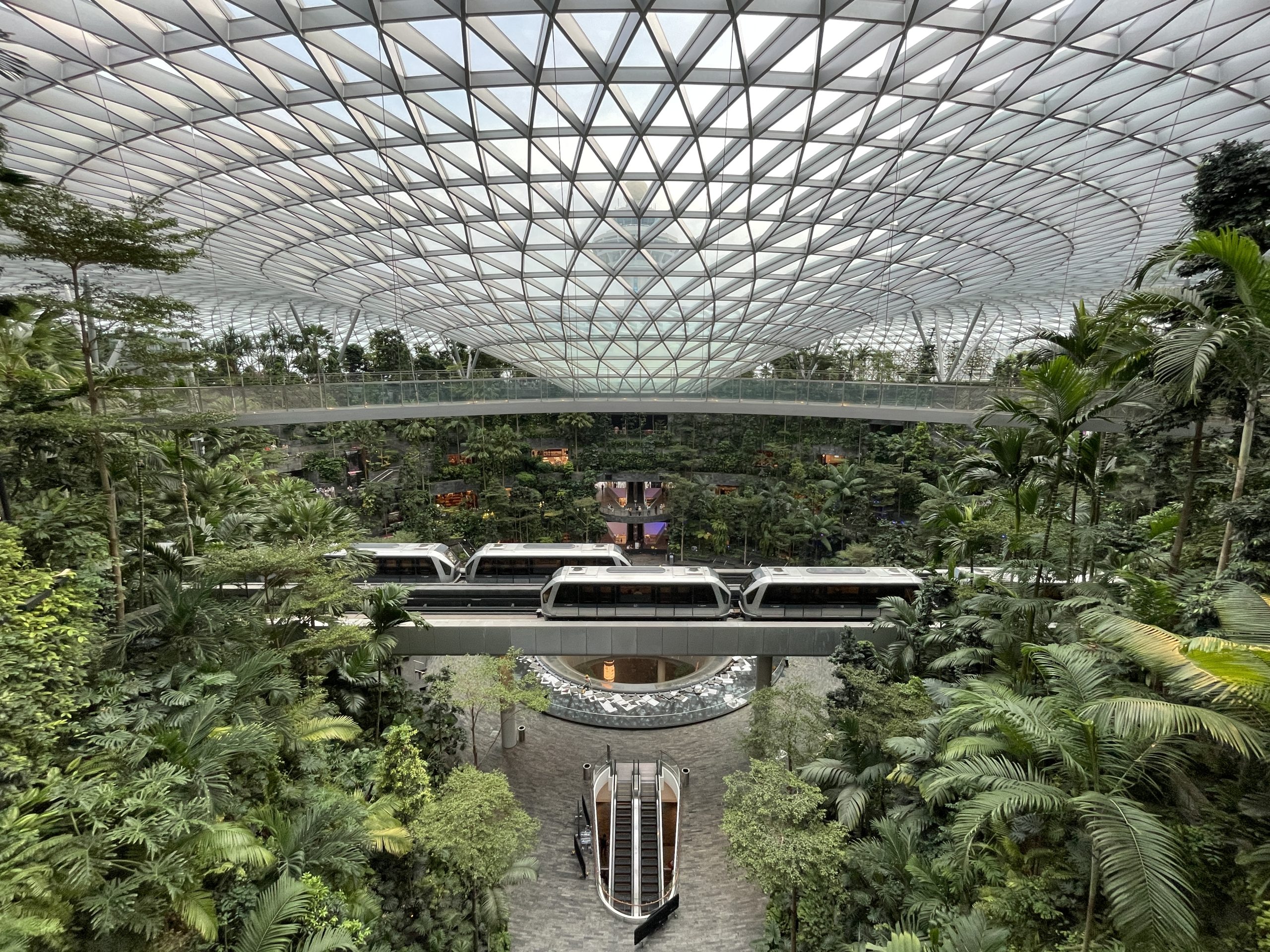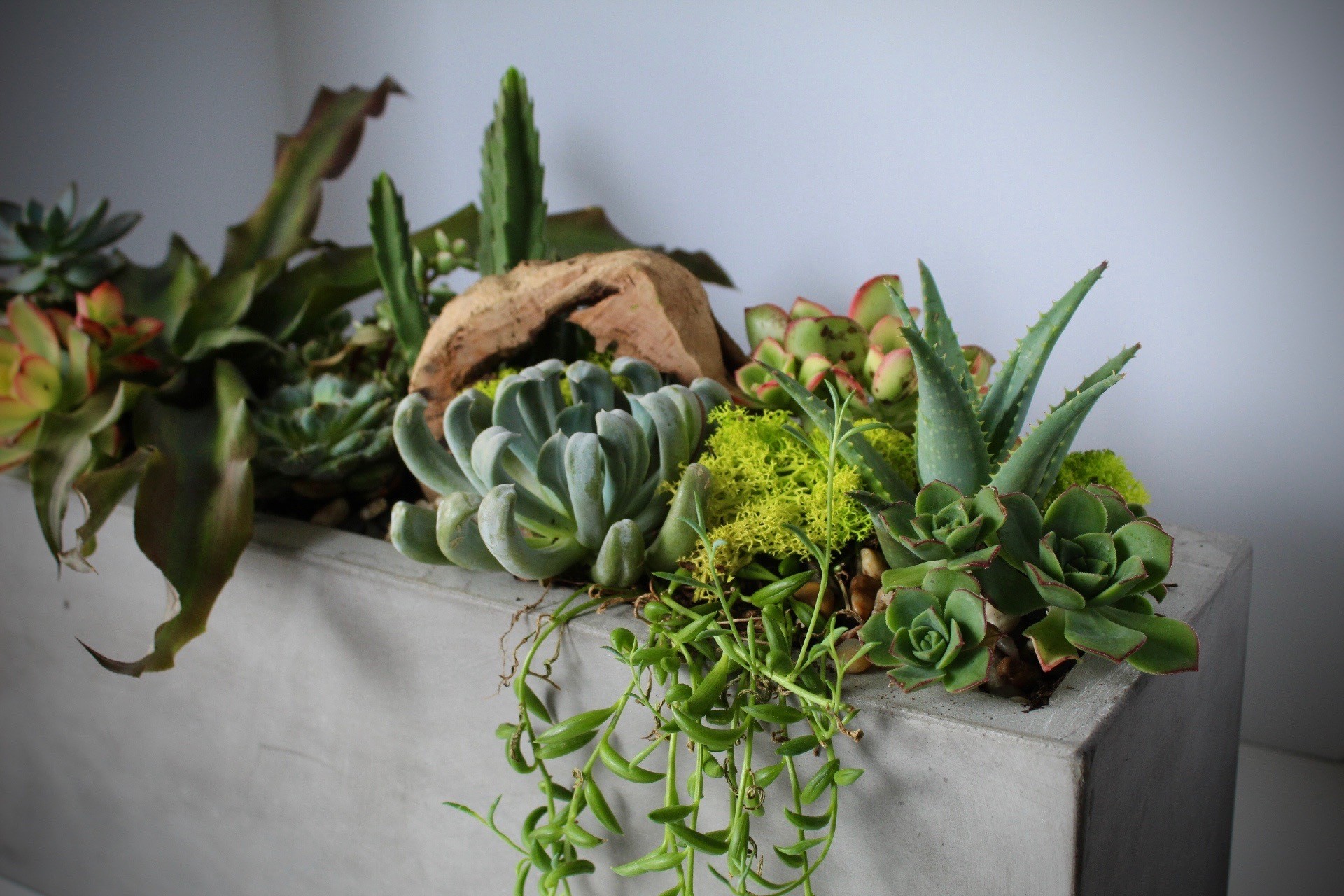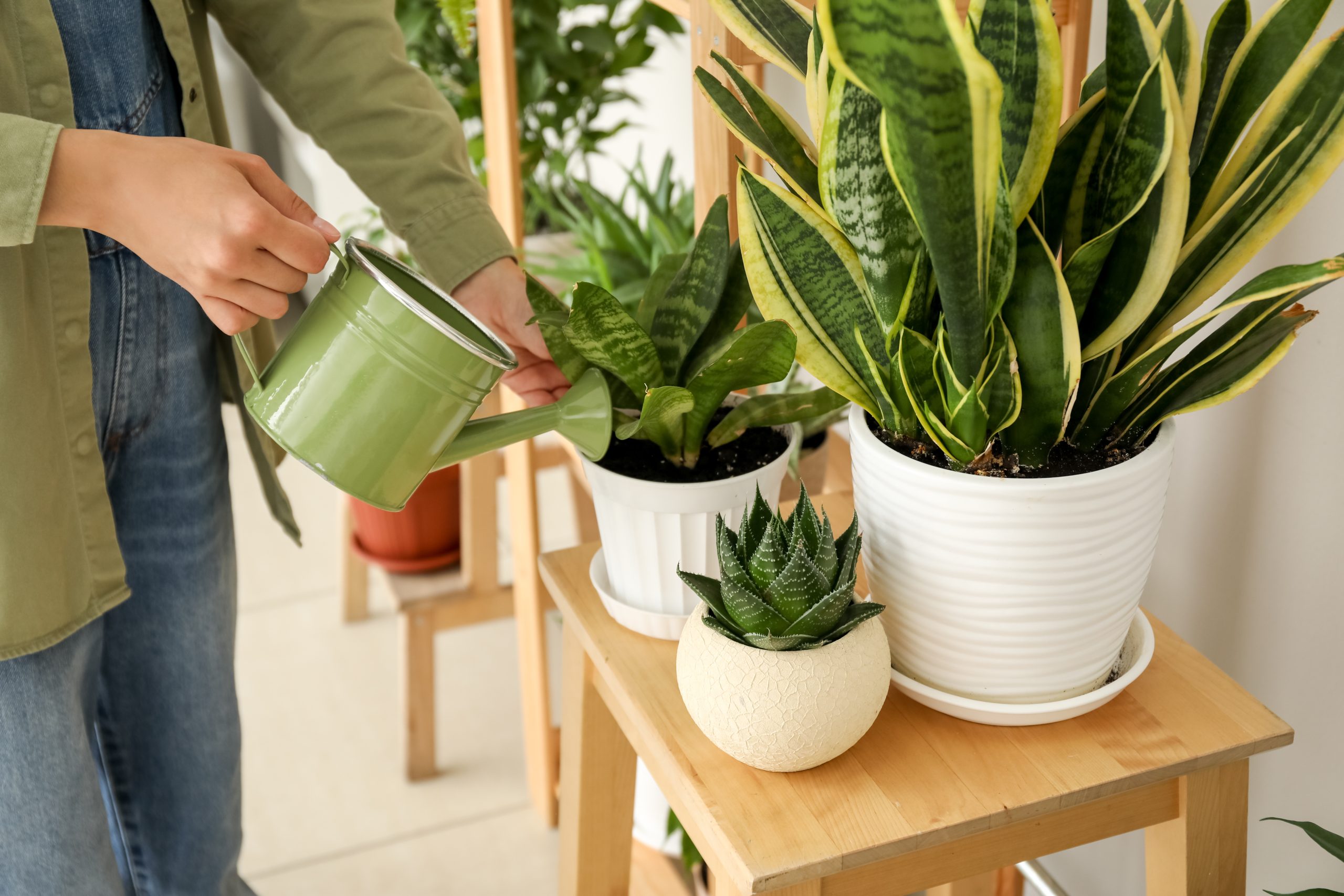Biophilic Design
Moss walls have become one of the most popular ways to bring nature indoors. You’ll find them in modern offices, corporate lobbies, conference rooms, restaurants, wellness lounges, and high-end residential spaces. They instantly add natural texture and calm while making a visual statement — but one question comes up in nearly every conversation we have about them:
Do moss walls really last?
The short answer: Yes — preserved moss walls are long-lasting, low-maintenance, and designed specifically for indoor use. Let’s walk through what that really means so you can decide if a moss wall is right for your space.
Good Earth Plant Company Moss Wall project job for a tech company.… Read More
The ROI of Indoor Plants: How Greenery Boosts Business
Indoor plants: a smart investment for productivity and design. Photo: GEP
When considering improvements for a commercial space, indoor plants might not seem like an obvious return on investment (ROI) factor. But you’d be surprised to learn that well-placed greenery does FAR more than just enhance aesthetics—it delivers measurable benefits that can positively impact your bottom line. From improving employee well-being to elevating client experiences, here’s why investing in indoor plants is a smart business decision.
1. Increased Productivity and Employee Satisfaction
Studies have shown that employees in environments with natural elements, including plants, experience higher productivity, reduced stress, and increased job satisfaction.… Read More
Biophilic Design: Lessons in Plantscaping from Southeast Asia
Jewel Changi Airport in Singapore. Photo: Mitch Miller
A City Where Nature Takes the Lead
Imagine a city where nature isn’t just a backdrop, but an integral part of the architecture—a place where living walls tower above bustling streets, serene indoor waterfalls enrich public spaces, and innovative designs inspire at every corner. Our Sales & Design team member, Mitch, got to experience just that on his trip through South Korea, Indonesia, and Singapore.
He didn’t just return with photos—he came back with inspiration. His journey was a glimpse into the future of urban design. So, what can we learn from these cities, and how can we apply those lessons to our work at Good Earth Plant Company?… Read More
Living Art: An Alternative to Traditional Flowers
Valentine’s Day comes and goes, and so do those beautiful bouquets—one minute they’re bright and fragrant, the next they’re a sad, wilted reminder that love (or at least florals) is fleeting. But what if you could bring something into your space that lasts beyond a week? Something that continues to grow and change with time?
That’s where living plant arrangements come in. They’re not just an alternative to cut flowers—they’re a lasting investment in beauty, nature, and well-being.
The Problem with Cut Flowers
Yes, roses are romantic. Lilies are lovely. But most cut flowers have a very short shelf life—typically 7 to 10 days—before they start turning into a science experiment in your vase.… Read More
Celebrating Growth: Our First Certified Plantscape Technician
At Good Earth Plant Company, growth is something we celebrate, not just in our plants, but in the people who make our success possible. That’s why we’re thrilled to announce that our Service Supervisor, Cody Shough, has become our company’s first Certified Plantscape Technician through I-Plants Magazine. This milestone showcases Cody’s dedication to mastering the art and science of interior plantscaping, from plant care and installation to safety protocols and client interaction.
Good Earth Plants’ History of Expertise and Certification
At Good Earth Plants, certifications hold a special place. Since 1977, we’ve provided award-winning plantscaping service, setting the standard for excellence in the industry.… Read More
What Nature Teaches Us About Gratitude
As Thanksgiving approaches, we reflect on the people, opportunities, and experiences that fill our lives with gratitude. At Good Earth Plant Company, working with plants every day reminds us that nature has so much to teach us about thankfulness and balance.
1. The Gift of Patience
Nature operates on its own timeline, and it teaches us to slow down and trust the process. A tiny seed doesn’t become a tree overnight; growth takes time, care, and consistency. Plants remind us that good things are worth the wait and that small, steady efforts often lead to the most rewarding outcomes.
In our fast-paced world, it’s easy to overlook the value of patience.… Read More
Embracing Fauxliage: The Benefits of Artificial Plants
Good Earth Plant Company has once again caught the spotlight, earning recognition in an article by The San Diego Union Tribune titled “Decorating with Fauxliage”. The article explores the low-maintenance, hassle-free benefits of artificial plants, highlighting our commitment to enriching lives through the beauty of greenery.
Our president and owner, Jim Mumford, first connected with the article’s author, Caren Golden, years ago when we were first creating edible living walls for restaurants across the nation. While designing and maintaining living walls remains a vital part of our business, we’ve increasingly embraced projects that utilize replica plants and preserved moss.
As technology evolves, so does the quality of replica plants.… Read More
Drought-Resistant Plants: Green Solutions for Busy Lives
In today’s fast-paced world, maintaining lush, thriving plants can be a challenge, especially when it comes to keeping up with watering schedules. If you’re looking for a way to add greenery to your space without the stress of frequent watering, drought-resistant plants are the perfect solution. These hardy plants not only look great but also thrive with minimal care, making them ideal for busy lifestyles.
Why Choose Drought-Resistant Plants?
Drought-resistant plants are designed to withstand dry conditions, which means they can survive and thrive with less water compared to other plants. These resilient plants are perfect for those who may not have a green thumb or for anyone who’s simply looking to reduce the time spent on care.… Read More
Peach Fuzz is Pantone’s 2024 Color of the Year
Since 2017, Good Earth Plant Company has been keenly following Pantone’s Color of the Year. We keep current with design trends including color, so our projects fit current tastes and times, especially as we embrace the vibrancy of spring.
Forward-thinking businesses need to stay current with design trends to create the best possible experience for their customers. This is the reason so many companies are incorporating the principles of biophilic design into their buildings, and why they’re keeping us busy at Good Earth Plant Company by adding workplace plants, living walls, and other natural design elements. This trend is particularly pertinent during spring when the essence of growth and renewal is celebrated, making it a perfect time for businesses to rejuvenate their spaces. … Read More
Trending Tropical Plants and Biophilic Designs
Good Earth Plant Company has once again caught the spotlight, earning recognition in two influential articles that delve into trending tropical plants and how to incorporate biophilic design into your indoor spaces.
1. “Why Tropical Plants Are On the Rise” – Greenhouse Grower
In a recent feature by Greenhouse Grower, Good Earth Plant Company’s Operations Manager, Joe Benedetti, shares his insights into the surging popularity of house plants. The article explores the reasons behind the escalating demand for these lush and vibrant specimens, shedding light on the unique qualities that make tropical flora a favorite among plant enthusiasts and interior decorators alike.… Read More





